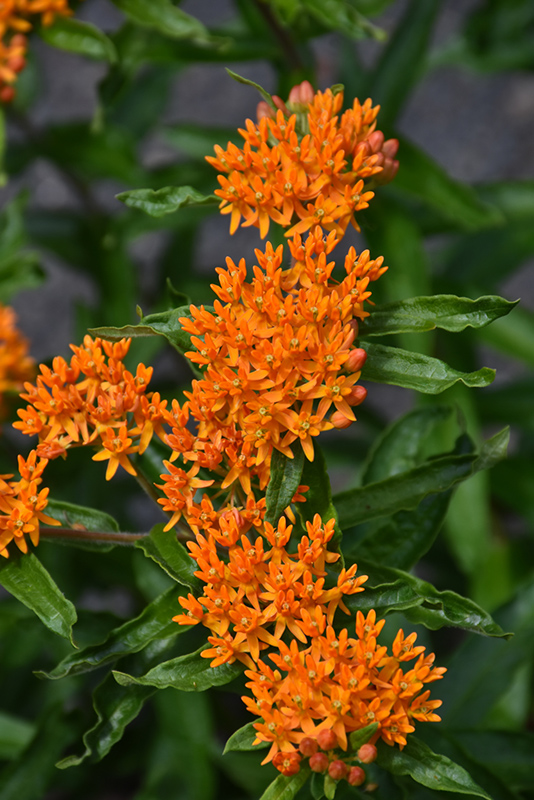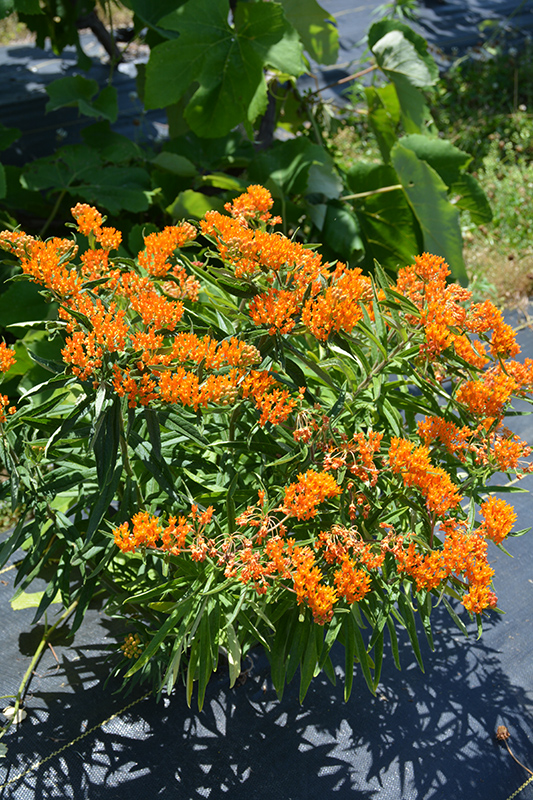VANDERMEER
PLANT LIBRARY
Find the perfect plant for your space by browsing through this extensive selection that we typically carry every year.
This library is for information purposes only.
Plant Height: 3 feet
Flower Height: 4 feet
Spread: 12 inches
Sunlight:
![]()
Hardiness Zone: 3a
Description:
A wonderful selection that is perfect for attracting butterflies to gardens; bright golden orange clusters of fragrant flowers rise above narrow, green foliage during the summer months and into early fall; easy to grow, drought tolerant once established
Ornamental Features
Butterfly Weed has fragrant orange flat-top flowers with gold overtones at the ends of the stems from early to late summer. The flowers are excellent for cutting. Its narrow leaves remain green in colour throughout the season.
Landscape Attributes
Butterfly Weed is an herbaceous perennial with an upright spreading habit of growth. Its medium texture blends into the garden, but can always be balanced by a couple of finer or coarser plants for an effective composition.
This is a relatively low maintenance plant, and is best cleaned up in early spring before it resumes active growth for the season. It is a good choice for attracting butterflies to your yard, but is not particularly attractive to deer who tend to leave it alone in favor of tastier treats. It has no significant negative characteristics.
Butterfly Weed is recommended for the following landscape applications;
- Mass Planting
- General Garden Use
- Naturalizing And Woodland Gardens
Planting & Growing
Butterfly Weed will grow to be about 3 feet tall at maturity extending to 4 feet tall with the flowers, with a spread of 12 inches. It tends to be leggy, with a typical clearance of 1 foot from the ground, and should be underplanted with lower-growing perennials. It grows at a medium rate, and under ideal conditions can be expected to live for approximately 10 years. As an herbaceous perennial, this plant will usually die back to the crown each winter, and will regrow from the base each spring. Be careful not to disturb the crown in late winter when it may not be readily seen!
This plant should only be grown in full sunlight. It prefers dry to average moisture levels with very well-drained soil, and will often die in standing water. It is considered to be drought-tolerant, and thus makes an ideal choice for a low-water garden or xeriscape application. It is not particular as to soil type or pH. It is quite intolerant of urban pollution, therefore inner city or urban streetside plantings are best avoided. This species is native to parts of North America, and parts of it are known to be toxic to humans and animals, so care should be exercised in planting it around children and pets.






